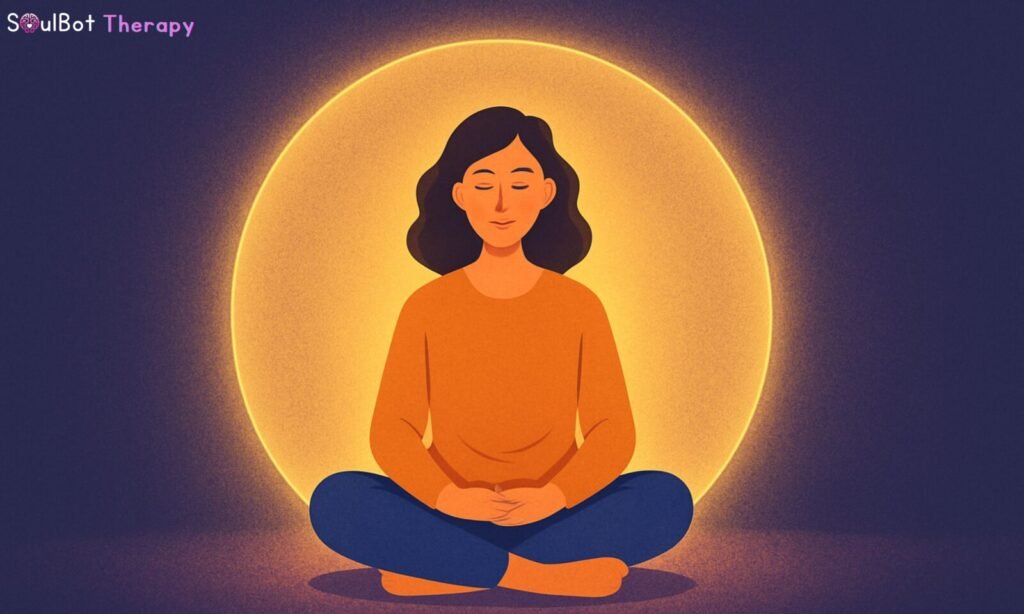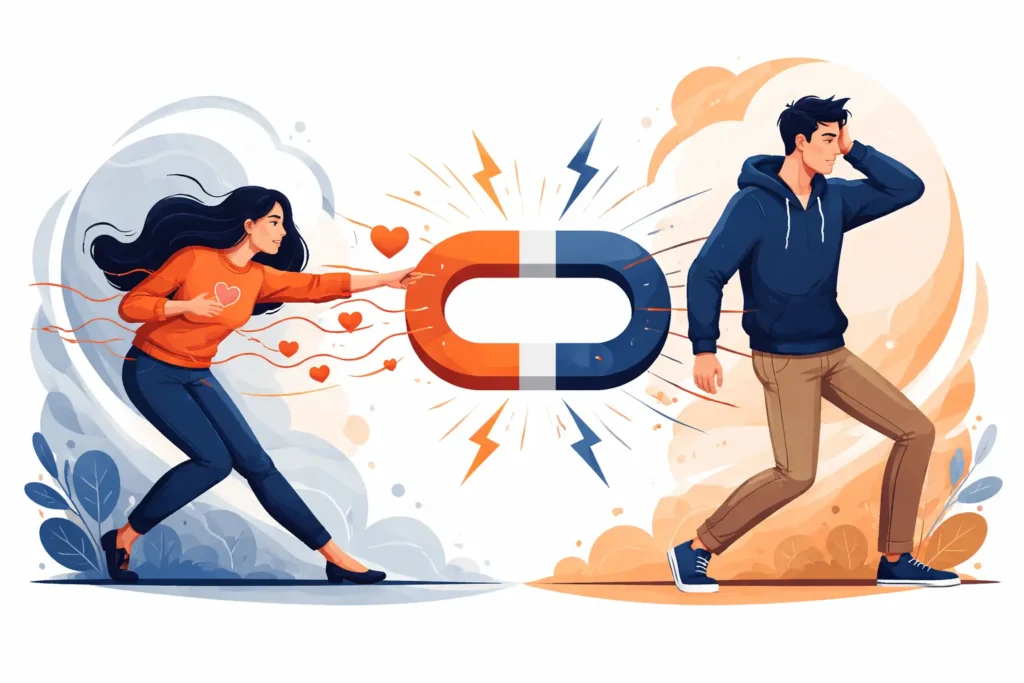Let’s be honest, most of us were never taught how to set emotional boundaries.
We were taught to be kind, helpful, and accommodating, but not how to protect our peace. So when we finally say no, we feel guilty, selfish, or “too much.”
Here’s the truth: healthy boundaries aren’t walls; they’re filters. They don’t shut people out; they keep your emotional energy safe enough to connect better.
🧠 Take the MBTI test discover how self-awareness shapes your boundaries and connection.🧠 What Are Emotional Boundaries (And Why They Matter)
Emotional boundaries are the hidden lines that define what feels emotionally safe and what doesn’t. They protect your time, energy, and mental health from emotional overload.
Without them, you absorb everyone else’s feelings until you can’t recognize your own. With them, you create space for peace, empathy, and genuine connection.
Think of emotional boundaries as the expressive immune system; they keep your mental health strong and balanced.
📊 SoulFact: According to a 2024 APA study, people with firm emotional boundaries in relationships report 42% higher emotional well-being and less burnout.
❤️ Why Setting Emotional Boundaries Feels So Hard
Let’s break it down: guilt comes from conditioning, not compassion. You’ve been told that saying no means you’re cold, selfish, or ungrateful.
But here’s the thing: saying yes when your heart says no is quite self-abandonment. People-pleasing isn’t kindness. It’s fear of rejection dressed as empathy.
Setting healthy emotional boundaries means unlearning that fear, not pushing people away, but letting yourself exist comfortably within relationships.
💬 How to Start Setting Emotional Boundaries (Without Feeling Guilty)
Building emotional boundaries takes practice, not perfection. Here’s how to start small:
- Pause before saying yes
Give yourself a beat to ask: “Do I have the energy for this?” - Use honest language
Try: “I’d love to, but I’m at capacity right now.” respectful and firm. - Check in with your emotions daily.
Quick journaling or reflection helps you notice when your boundaries are being tested. - Practice emotional self-care
Meditation, grounding, or journaling can help regulate guilt and anxiety. - Reframe guilt as growth
That pang of guilt? It’s a sign you’re breaking old people-pleasing patterns.
🧘 Remember: boundaries don’t make you distant, they make you emotionally available without depletion.
💔 Signs You Need Stronger Emotional Boundaries
If these sound familiar, it’s time to strengthen your emotional foundation:
- You constantly feel drained after conversations.
- You say yes out of obligation, not choice.
- You absorb others’ moods like a sponge.
- You feel anxious when someone’s upset with you.
- You rarely prioritize your own needs.
Learning to hold emotional boundaries in relationships is an act of love both for you and for others.
Because when you stop overextending, you start connecting more authentically.

🌱 Healing the Guilt Around Emotional Boundaries
You can’t build emotional boundaries without bumping into guilt.
But guilt doesn’t mean you’re wrong; it means you’re healing the version of you who thought everyone else’s comfort mattered more.
Try this reframe:
“I’m not being rude. I’m being real about my limits.”
With time, guilt fades and peace takes its place. That’s emotional maturity.
📊 SoulFact: Psychology Today found that boundary guilt decreases significantly when paired with mindfulness and self-compassion practices.
💬 Final Thought
Setting emotional boundaries isn’t about pushing people away; it’s about protecting your peace so you can show up with love, not resentment.
You deserve relationships that feel mutual, not draining. Boundaries don’t break bonds; they build trust, clarity, and long-term respect.
💬 Chat with SoulBot, your AI companion for daily boundary reminders, journaling prompts, and emotional support.








